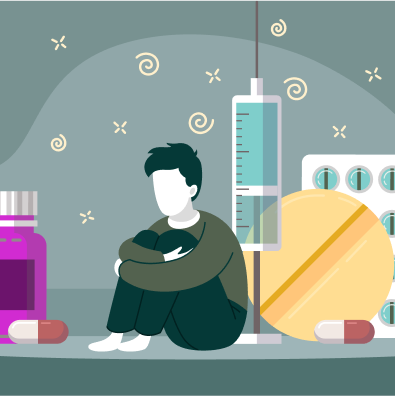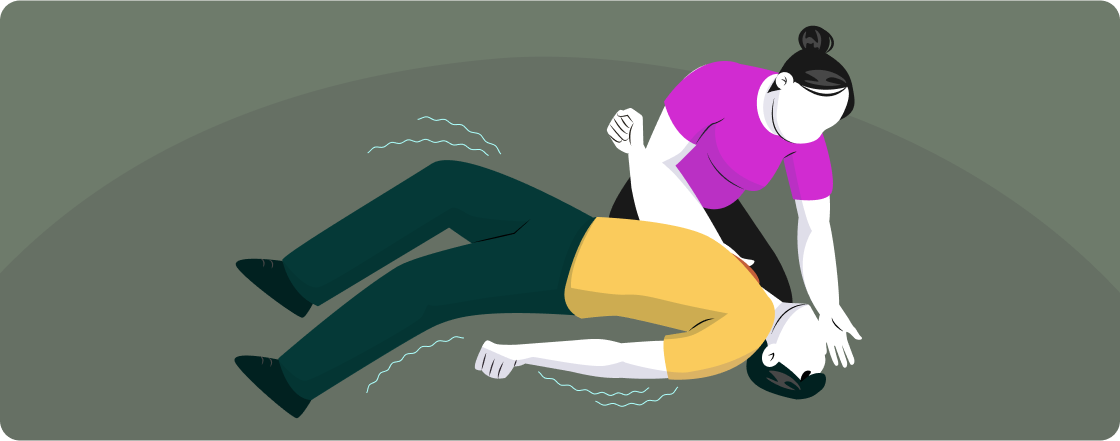
Fentanyl Withdrawal Treatment in Los Angeles: Safe, Compassionate, and Effective Care
Fentanyl has become one of the most dangerous opioids in the United States—50 to 100 times stronger than morphine and responsible for a significant rise in overdose deaths nationwide. Because of its potency, quitting fentanyl without medical support isn’t just difficult—it can be life-threatening. Fortunately, in Los Angeles, specialized treatment centers like Tarzana Recovery Center offer safe, compassionate care for those ready to break free from fentanyl dependence.
What Makes Fentanyl Withdrawal Different—and More Dangerous?
Fentanyl withdrawal is often more intense and fast-acting than withdrawal from other opioids. Symptoms can begin within a few hours of the last dose and include extreme anxiety, muscle and bone pain, vomiting, diarrhea, chills, insomnia, and intense cravings. The risk of relapse is high during this phase—not because someone lacks willpower, but because their body is physically dependent on the drug.
The National Institute on Drug Abuse (NIDA) emphasizes that fentanyl’s potency makes even small amounts dangerous, especially when individuals try to taper or detox on their own. In some cases, withdrawal symptoms can lead to dehydration, seizures, or suicidal thoughts—requiring immediate medical attention.


Why Medical Detox Is Critical for Fentanyl Withdrawal
Detoxing from fentanyl under professional supervision ensures that symptoms are managed safely and effectively. At Tarzana Recovery Center, clients receive around-the-clock medical care, access to medication-assisted treatment (MAT) like buprenorphine or methadone, and emotional support from a compassionate team. The goal is to reduce discomfort and protect clients from the potentially severe effects of withdrawal.
In addition to medical care, Tarzana incorporates holistic therapies like mindfulness, breathwork, and trauma-informed treatment—addressing both the physical and psychological aspects of fentanyl addiction. The structured environment also eliminates outside triggers, helping individuals stay focused on recovery.

A Path Forward: What Happens After Detox
While detox is a vital first step, long-term recovery requires more. After withdrawal symptoms stabilize, clients at Tarzana can transition into residential treatment or outpatient care. These programs include one-on-one therapy, group counseling, mental health support, and personalized aftercare planning designed to prevent relapse and promote sustainable healing.
If you or someone you love is struggling with fentanyl addiction, know this: help is available, and recovery is possible. Tarzana Recovery Center is here to provide expert, compassionate care—every step of the way.












